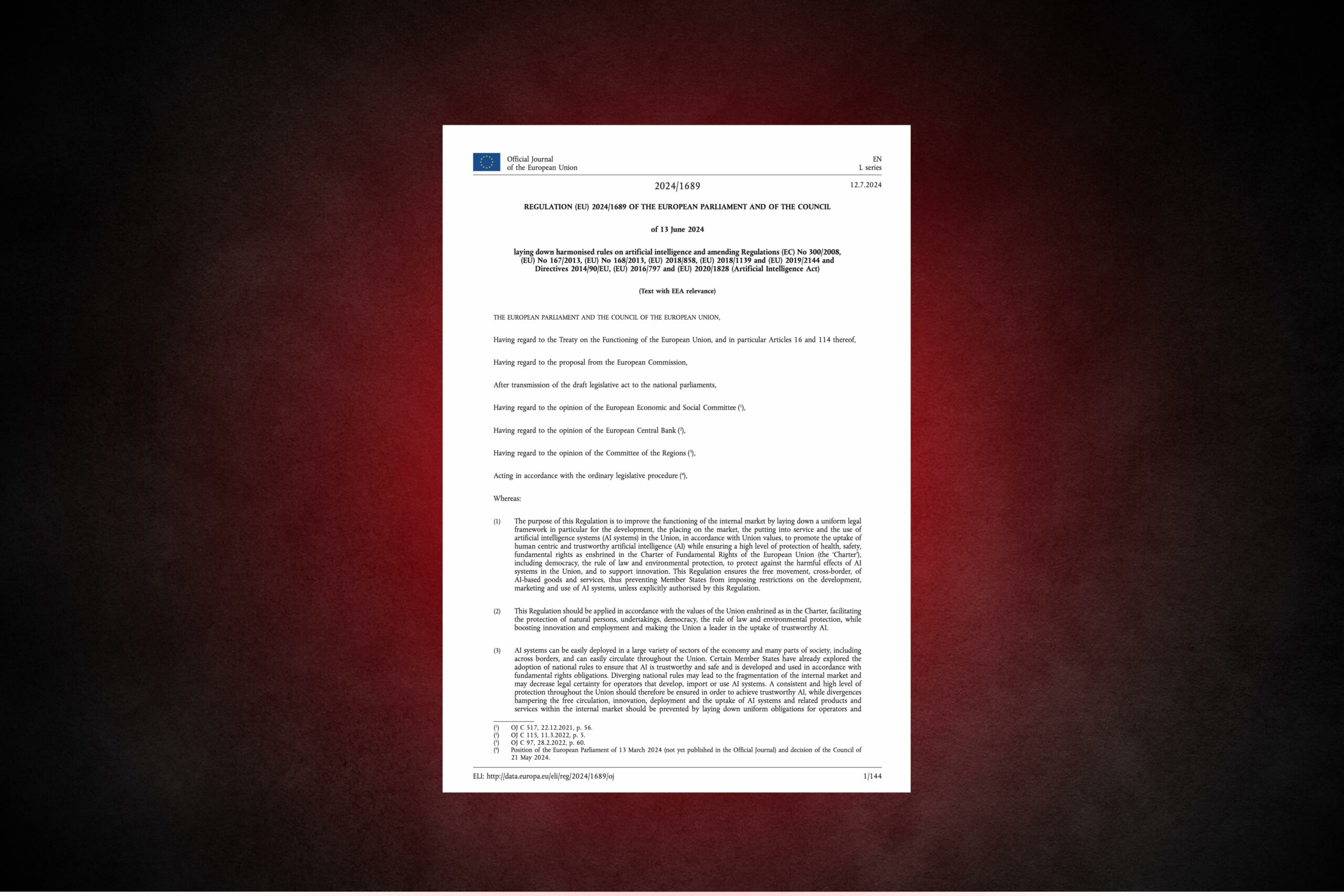Antitrust hipsters – or Neo-Brandeisians, as self-proclaimed – have been playing on fears (“be very afraid,” OK?) for the past two years or so. Tech giants would be real monsters endangering democracy, explaining why they “lead the effort to protect democratic institutions and the liberties of citizens from concentrated corporate power and develop solutions to America’s monopoly crisis.” The worst part of it (they say) is that antitrust law (which they have chosen as a battle horse) would have become impotent to capture the anti-competitive practices of these companies. In four words: the end is near. See for yourself these extracts from Lina Khan’s Amazon’s Antitrust Paradox:
“This analysis reveals that the current framework in antitrust—specifically its equating competition with “consumer welfare,” typically measured through short-term effects on price and output—fails to capture the architecture of market power in the twenty-first century marketplace. In other words, the potential harms to competition posed by Amazon’s dominance are not cognizable if we assess competition primarily through price and output. Focusing on these metrics instead blinds us to the potential hazards.”
“Amazon’s business strategies and current market dominance pose anticompetitive concerns that the consumer welfare framework in antitrust fails to recognize.”
As such, this article is calling for a rapid change in antitrust law, because failing that, Amazon and other Internet giants will continue to enjoy a de facto immunity.
Really?
Not really.
If Lina Khan’s article deals mainly with US antitrust law, her conclusions are very broad and denounces many of the mechanisms that are identical in the US and Europe, for instance, the fact that “under the current approach, only mergers over a particular monetary threshold require agency review, yet the monetary value of a deal may not be a good proxy for the scope and scale of data at stake.” And while she criticizes the consumer welfare standard, let’s recall that it also applies in Europe. In short, her conclusions are not limited to the US, and that’s where it gets complicated for hipster theories.
Not only did two decisions of the European Commission sanction Google on the basis of competition law as it exists (not discussing here the merit of these decisions), but also, Margrethe Vestager confirmed on September 19 the opening of a (competition law) probe against Amazon, the same company that is taken as a symbol to illustrate the alleged antitrust law blindness to tech giants’ practices in the above-mentioned article. See for yourself (once again):
What does it show? That antitrust law, as it is currently designed, certainly makes it possible to sanction tech giant’s anti-competitive practices. This does not mean that the arsenal is complete – predatory innovation, for instance, remain largely unpunished (see my two articles on the subject: here and here) – or that the consumer welfare standard shouldn’t be improved. In fact, I agree that focusing too much on prices misses the big picture. But it means that the claims related with the standard’s blindness are unfunded, and as a consequence, that there is no need for replacing “the consumer welfare framework with an approach oriented around preserving a competitive process and market structure” as requested by Lina Khan and other antitrust hipsters. It proves that the problem is not the CWS itself, as she explained, but at most, the way it is applied.
By confirming the opening of an investigation against Amazon, Margrethe Vestager and the European Commission have just proved Lina Khan’s (and other antitrust hipsters) theory to be wrong. Not the other way around.
And please, let’s stop playing on fears in the field of antitrust law.








